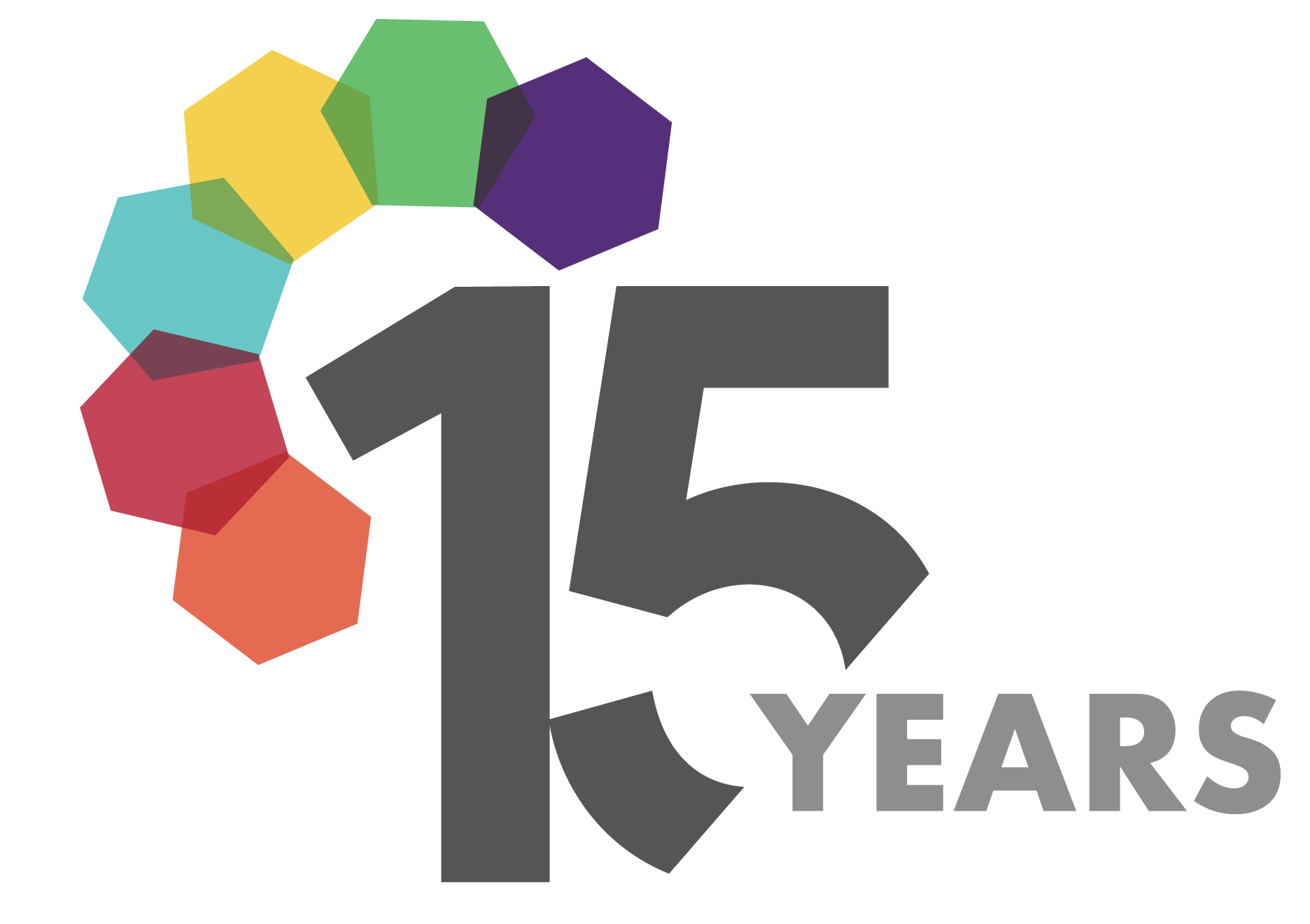
In 2008, researchers at the University of Alabama at Birmingham set out to transform the research environment, to join a national network of trailblazers determined to enhance the efficiency and quality of clinical and translational investigation. The Center for Clinical & Translational Science (CCTS) was established, and a journey began.
A journey to improve human health across the Deep South, where our nation’s health disparities are greatest. A journey where science is meticulously sharpened, and innovation exalted.
In 2012, the CCTS grew, embracing synergy by forming partnerships across Alabama, Mississippi, and Louisiana, recognizing that collective efforts amplify our impact for the communities we serve. This partnership is a powerful agent of change; the Partner Network has provided a platform for critical collaboration across research teams.
Who are we? We're not always in the spotlight. We are often working behind the scenes creating opportunities, setting the stage for successful collaborative victories, connecting researchers to state-of-the-art capacities, tools, and expertise; and cheering teams on when the path of research becomes challenging.
2023 marked 15 years of innovation, collaboration, and a steadfast commitment to enhancing health outcomes by bringing new treatments to our vibrant communities, accelerating the time it takes to go from insight to impact. The CCTS continues to be a beacon of solutions through science, leveraging data and sharing new knowledge that catalyzes discovery toward impactful implementation. We’re training the next generation of scholars, building a community of practice, and promoting inclusivity in research. We’re breaking ground in critical areas like maternal and fetal health, genomic medicine, and rare diseases research. Through every breakthrough and every challenge, we’ve remained dedicated to cheering on the research community in the race toward achievements that change the game for human health. There’s still great work that awaits, but today we celebrate 15 years that have catapulted us toward a bright future, where we will pave the way for more innovation, more discovery—together.
Center for Clinical and Translational Science (CCTS)
To speed the translation of research into improved health, the Center for Clinical and Translational Science (CCTS) is committed to increasing research capacity, accelerating research processes, engaging stakeholders in trusting, productive teams, developing and supporting excellence in the research workforce, and providing creative, innovative approaches to major health and health care delivery challenges. The vision of the CCTS is to reduce health disparities and diseases disproportionately represented within the Deep South as we accelerate discovery to improve health. The Center has assembled a robust Partner Network – spanning Alabama, Mississippi, and Louisiana – to ensure that research and training efforts serve the communities in our region while maximizing collaborative synergies in translational research to advance fundamental and clinical discovery through to application. Learn more about the CCTS here.
Clinical and Translational Science Award (CTSA) Program
The CCTS and its Partner Network represent one of nearly 60 Clinical and Translational Science Awards (CTSA) funded by the National Institutes of Health’s National Center for Advancing Translational Sciences (NCATS). The national CTSA Consortium comes together by a shared mission to strengthen the clinical and translational research enterprise “to get more treatments to more patients more quickly.” The CTSA Consortium is committed to developing a knowledgeable translational science workforce; engaging patients and communities in every phase of the translational process; promoting the integration of priority and underserved populations in translational research across the human lifespan; innovating processes to increase the quality and efficiency of translational research, particularly of multisite trials; and advancing the use of cutting-edge informatics.